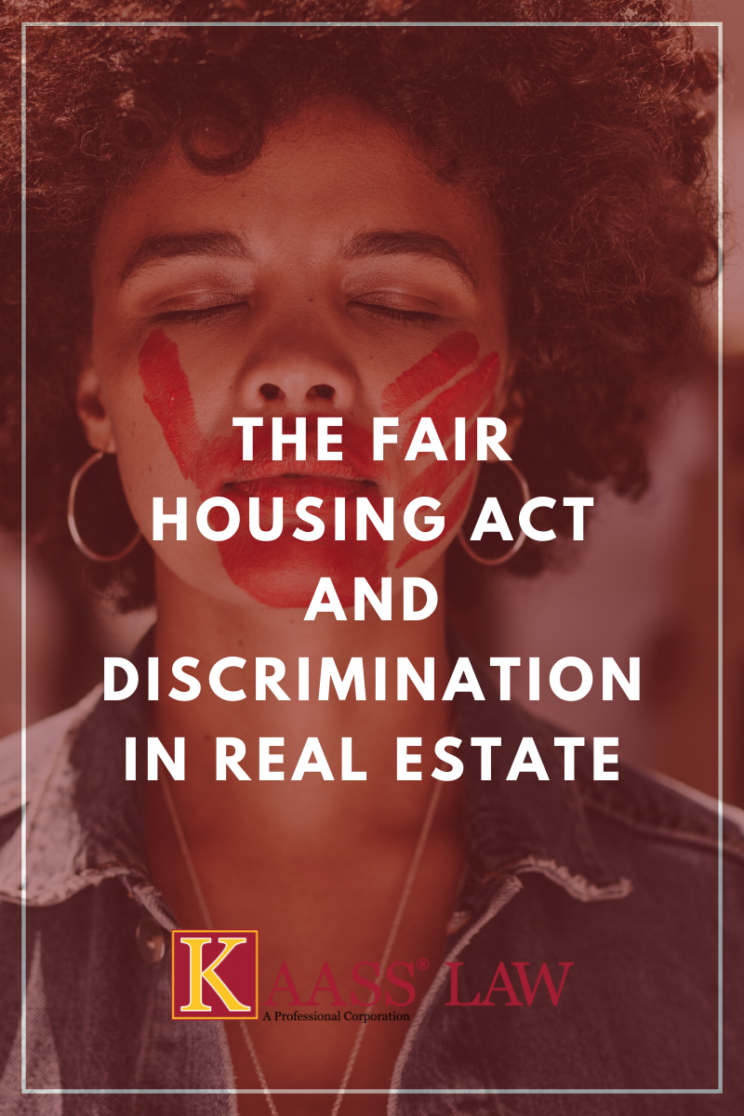What Is the Fair Housing Act?
The Fair Housing Act (FHA) makes it illegal for various real estate and lending institutions to take part in discriminatory practices against certain groups of people. The entities and occupations that are subject to FHA regulation include but are not limited to:
- Real estate companies and their agents
- Landlords
- Banks and lending institutions
- Municipal/Local governments
- HOA’s
- Home insurance companies
All of these institutions are banned from discriminating on the basis of several characteristics. They are:
- Sex/Gender
- Race/Color/Nationality
- Religion
- Disability
- Familial status (families with children)
What Kind of Activity Is Illegal Under the FHA?
Put simply, the FHA aims to require institutions in the real estate industry to treat people equally, and not discriminate based on the previously mentioned characteristics. In all aspects of real estate, including buying and selling homes, lending home loans, renting properties, and the advertising of real estate services, there are discriminatory practices that are outlawed by the FHA.
The FHA makes it illegal for all of it’s included institutions to discriminate on the basis of race, sex, religion, disability, or familial status when:
- Choosing who to buy or sell a home to
- Negotiating offers on a property
- Setting the terms of the offer/sale
- Providing services (parking spots, gym usage)
- Charging rent on a property
- Evicting tenants
- Maintaining a rental property
- Choosing which units each tenant will live in
- Showing people where to buy homes (steering)
- Loaning/Setting terms of mortgages
- Appraising a property
- Advertising properties to people
Some Examples of FHA Violations:
- An owner of an apartment building with a gym refuses to allow disabled people to use it for fear of making others uncomfortable
- A real estate agent who is selling a house decides to accept a lower offer from a Christian family, when other non-Christians made higher offers
- A mortgage lender charges racial minorities with higher interest rates, claiming that their loans are riskier to give out
How Do I Take Legal Action if I Was Discriminated Against?
You have the option to directly sue the entity that discriminated against you. If you do so, you will be entitled to compensation for any hardship or injury that the discrimination may have caused you.
There is also the option to file a complaint with the federal Department of Housing and Urban Development. You can do it on their website or mail it to them. The complaint should include:
- Your name and Address
- Who discriminated against you, and their address
- A description of what happened and why you believe your rights were violated
- The dates of the alleged discrimination
Fair Housing Act and Discrimination in Real Estate Attorney
Do you feel like you or a loved one have been discriminated against by a real estate agency or licensee? Get in touch with our law firm KAASS Law for legal assistance right away.

